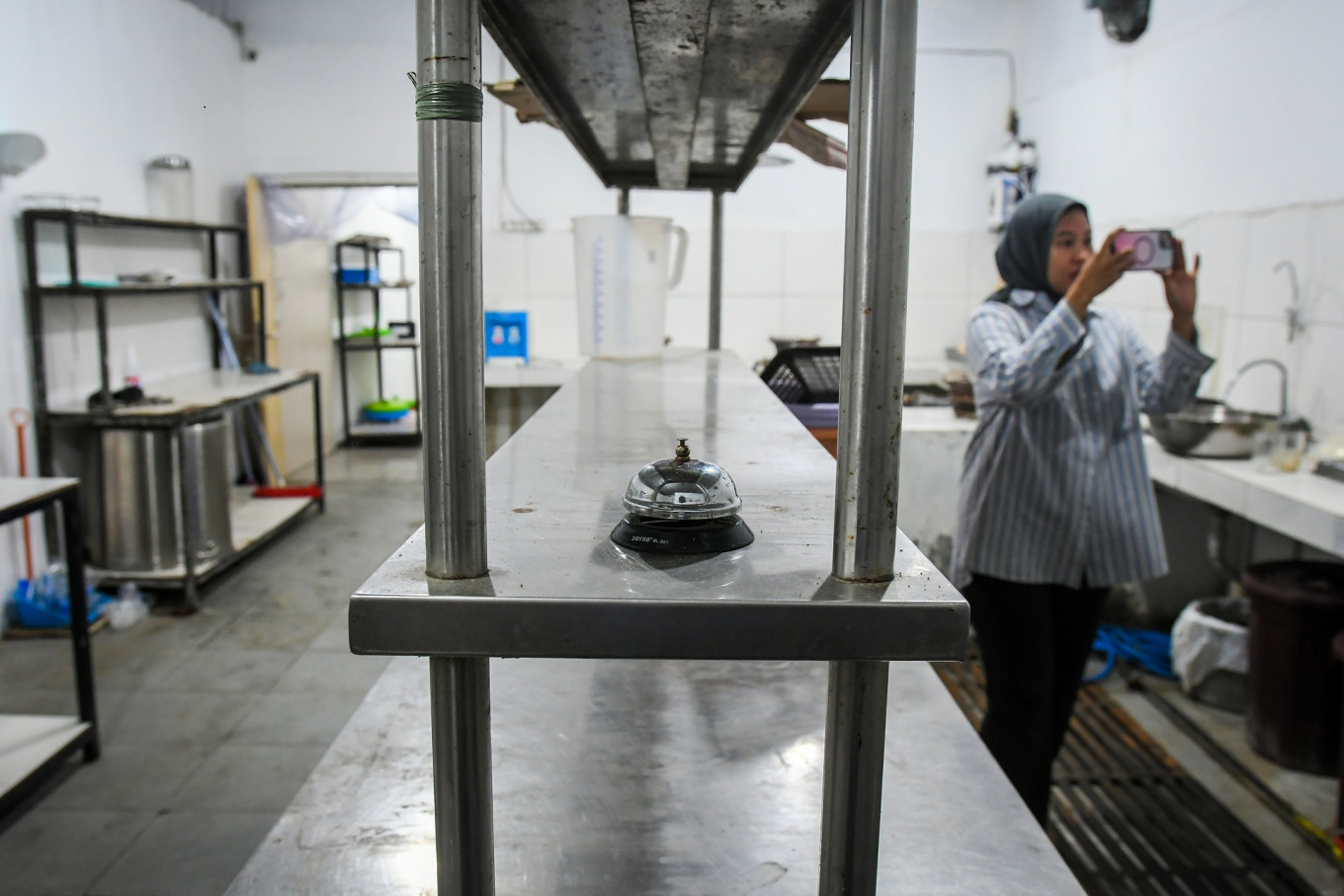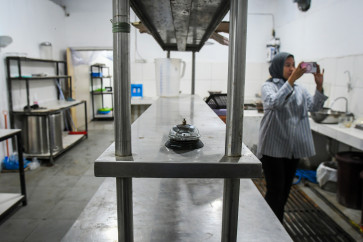Popular Reads
Top Results
Can't find what you're looking for?
View all search resultsPopular Reads
Top Results
Can't find what you're looking for?
View all search resultsSix months on, the free meals program is a work in progress
Challenges in implementation are to be expected in the nascent stages of any government intervention, especially in a country as geographically vast and varied as Indonesia. The key is to build upon their lessons, bit by bit, to ensure a strong foundation for sustainable delivery and development.
Change text size
Gift Premium Articles
to Anyone
H
alf a year since the launch of the free nutritious meal (MBG) program, the government’s flagship initiative providing free nutritious meals for schoolchildren has yet to show significant results. Designed to tackle child malnutrition and boost educational outcomes, the program’s initial phase has encountered numerous obstacles, including food safety issues, vendors' financial struggles and inconsistent logistics across regions.
In April, reports from Central Java indicated that dozens of students suffered a foodborne illness after eating the free meals supplied to schools. Investigations pointed to poor hygiene during their preparation and inadequate quality control before their distribution. This was not an isolated incident, as other provinces reported similar problems.
In East Kalimantan, several small-scale food vendors ceased operations soon after joining the program and local catering associations pointed to delayed payments from the government as a major factor, with vendors sometimes waiting over three months to be paid. This delay, coupled with a slim operating margin, made it hard for small businesses to continue providing their services without incurring debt.
Logistical hurdles have complicated matters further. The country’s vast geography means that implementation varies widely, with schools in cities like Jakarta and Surabaya generally better equipped to safely store, prepare and distribute meals. Conversely, many schools in remote areas lack access to clean water, a reliable electricity supply and proper kitchen facilities.
A mid-2025 field assessment by the National Commission for Child Protection found that less than 60 percent of participating schools had food storage facilities that met basic hygiene standards. Furthermore, less than half regularly conducted simple organoleptic tests to ensure food safety prior to serving meals.
While these issues are serious, they do not signify program failure. Large-scale government interventions in public health and education almost always encounter obstacles in their early stages, and the MBG program is no exception. Rather than abandoning the effort, this is an opportune moment for constructive improvement and sustained commitment.
To appreciate its long-term value, we must recall the original purpose of free meals program.



















